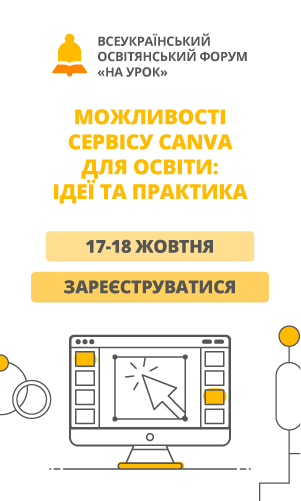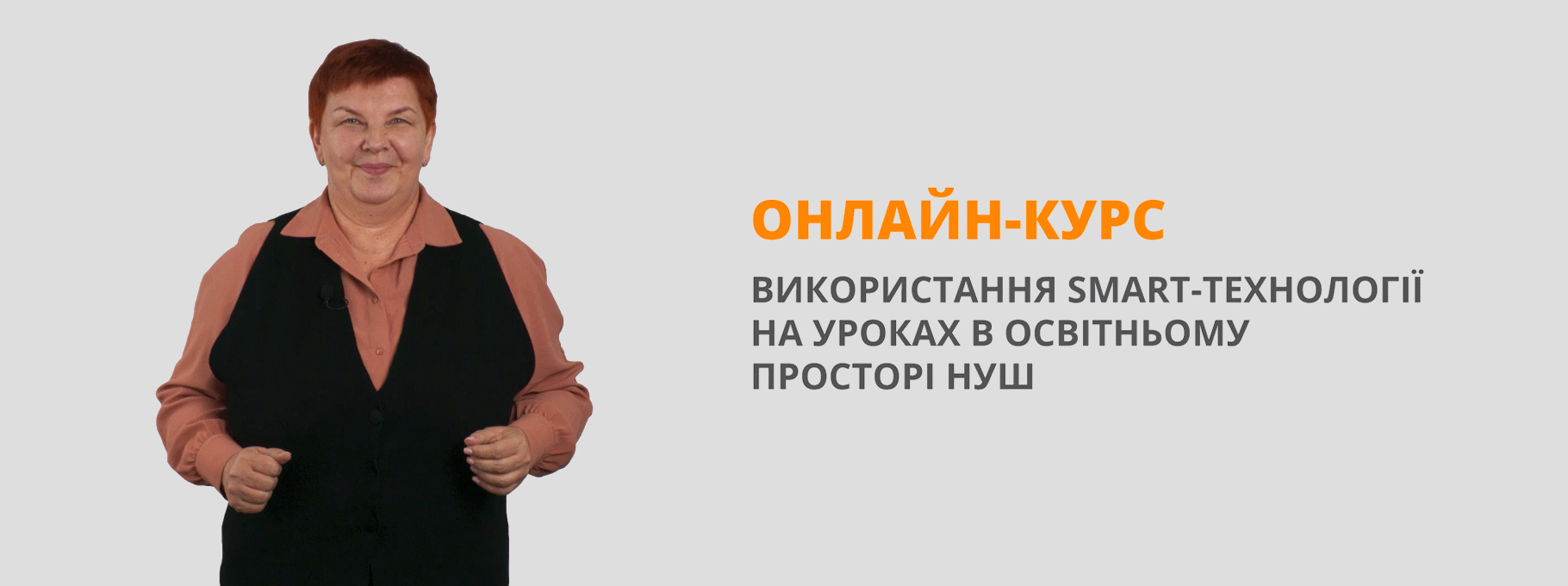Урок "Travelling in our Life"
Travelling in our Life
Objectives:
- to develop the students' pair and group communicative skills;
- to improve students'listening skills;
- to develop a creative way of thinking;
- to broaden students' outlook.
Equipment: a laptop, a projector, pictures of the world's famous sights, travel agency brochures and catalogues, handouts (cards with tasks, the text "Travelling - a new world religion").
Procedure
I. Introduction. Warming-up
T: Good morning, my dear students! I'm glad to see you again! How are you? I hope everything is Ok. Am I right? (Students answer.)
T: The first thing I want you to begin with is to think over and express what things you associate with the word "travelling".
Possible answers:
holidays beach
summer a train
relaxing an airplane
sea island
river rest
tickets a ship
T: I see so many people, so many minds. Undoubtedly, travelling is associated with some thrilling moments, excitement, ways of travelling and some relaxation.
II. The Main Part of the Lesson
1. Communicative Practice
T: Travelling is the most exciting, thrilling and useful way of spending someone's time, getting new experience. People have been travelling since ancient times. Hundreds of years ago there were no trains, ships or liners, people used to cover the distances in different ways; walking, riding a horse, going in carriages; the first explorers discovered new places, continents sailing by ships, expeditions went to the North Pole, Artic using dogs and deer's draughts, in India - riding elephants, in deserts the only way of moving around was a caravan of camels. Nowadays travelling has become more developed and modernized due to the technological progress. Travellers have a wide choice of various means of travelling.
Activity 1
Let's imagine ourselves flying on an air liner to some distant places. Act out some dialogues on the situations given in the cards. Work in pairs, be ready in five minutes.
Conversation 1
You work for the air line agency. There are three types of vegetarian meals on the menu: a cheese omelette with salad, a mushroom risotto and vegetable lasagne.
Conversation 2
During the flight you get a very bad headache. Call the air steward. Explain what is wrong and ask for some tablets for headache.
Activity 2
When you've made up your mind on one or another agency and tour, it's time to think what things to pack? We're going to check your abilities to pack the right things suitable just for a certain kind of travelling. Your task is to sort out the items of clothing and equipment given in the box below according to the place where you are going to have a rest.
Umbrella; camera; sleeping bag; rucksack; surfboard; tent; guide book; pack of cards; sun glasses; matches; fishing rods; etc.
Sea cruise/Holiday at the sea/Hiking and camping in the forest
Climbing mountains/Touring around home or foreign country
2. Reading Practice
T: Your home task was to read the text "Travelling - a new world religion".
Post-Reading task:
T: Discuss the given points of view on travelling, pointing out all the pros and cons: a typical English family; an expert of tourism; an English teacher; a Green party member.
3. Listening Comprehension
Pre-listening task:
T: I'm sure everybody will support the idea of going to some islands. Just fancy being a Robinson Crusoe on a desert island.
Questions:
1) What would you do if you happened to get on an island?
2) What wouldn't you do there?
Listening
Glossary:
repellent - a special substance or cream used for killing insects;
to sterilise - to boil the drinking water;
stomach upsets - some medical disorders which cause any kind of stomachache.
Information for Volunteers Coming to the South Sea Islands
There is no electricity on many of the islands, so don't bring a TV, stereo or electrical kitchen equipment. Bring a radio and a cassette recorder, but make sure that you have enough batteries.
There is no hospital. In an emagency you would have to fly to Australia, which is 1,000 miles away.
Take plenty of medicine with you, especially insect repellent, suntan cream, anti-malaria tablets and something for stomach upsets. You will have to boil and sterilise all your drinking water. Diarrhea is a constant problem.
Food is very expensive because most of it is imported. Only a few vegetables grow on the islands and there are no animals, except for a few snakes. There are plenty of fish in the sea but there are sharks there too!
Life can be boring on the islands. If you get bored easily, then you should not go to live on the islands. Bring a lot of books and a musical instrument.
Be very careful if you go swimming or sunbathing. You can get sunburnt very easily and you can get bitten or stung by the insects which live in the sand. Storms can start very suddenly, too, although hurricanes usually happen only in the spring and autumn.
Post-listening tasks
a) Right, wrong or don't know?
- All the islands have electricity. (F)
- There is a hospital on one of the larger islands. (T)
- There are mosquitoes on the islands. (T)
- It is easy to get sunburnt on the island. (T)
- There is no cinema on the islands.(F)
- The islands produce most of their own food. (F)
- It is dangerous to swim in the sea around the island. (T)
- People get bored easily because there is nothing to do. (T)
- The weather is always very calm. (F)
b) Organize the information into for and against columns.
For Against
sunbathe all day get sunburnt easily
T: Can you think of any other arguments for or against the life on a tropical islands? Add them to your list.
III. Summing-up. Reflection. Home Assignment
T: Our lesson is coming to its end. You did a lot of different tasks today and you were hardworking, active, energetic and smart. Well done! I am pleased with your answers. Have you got any questions? OK. Did you like our today's lesson? Were the tasks easy or difficult for you? (Students answer.)
Your hometask is to make up situations "The Future of Travelling" and act them out in pairs.


про публікацію авторської розробки
Додати розробку
